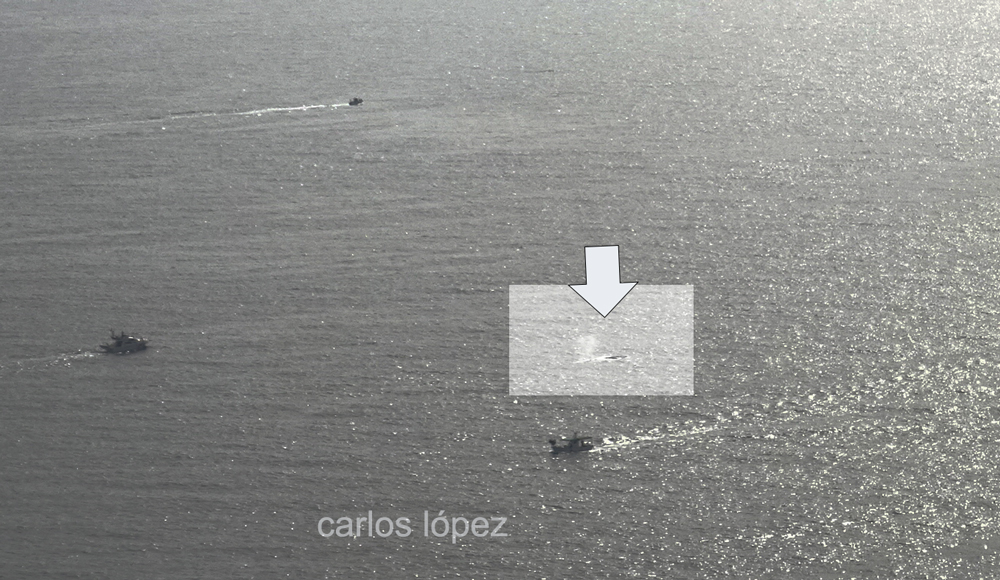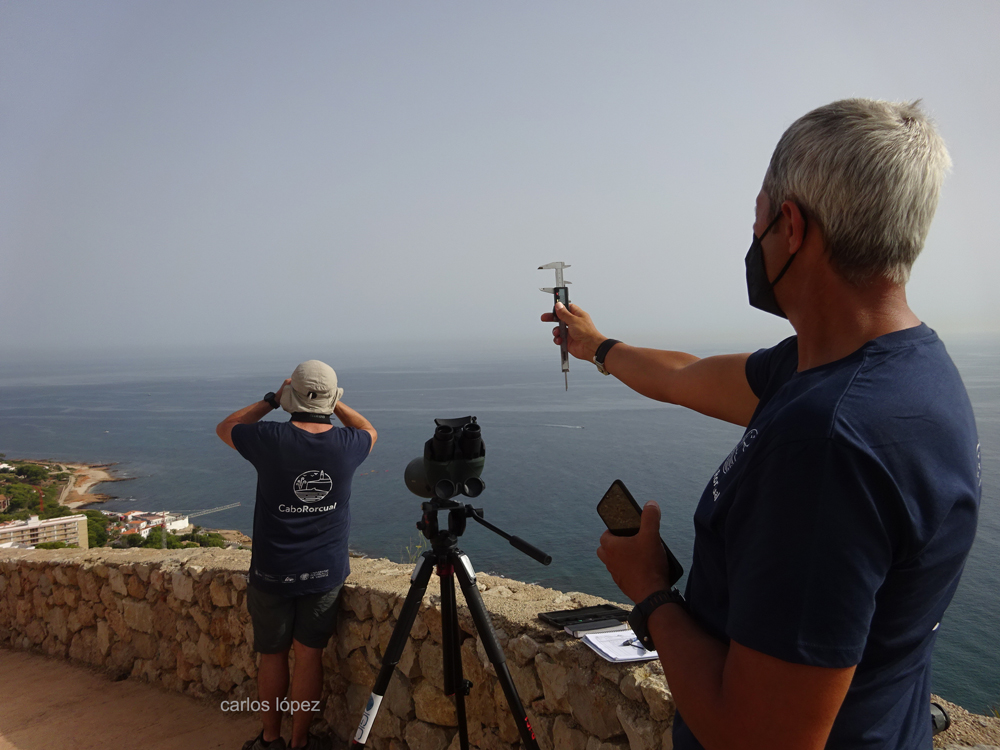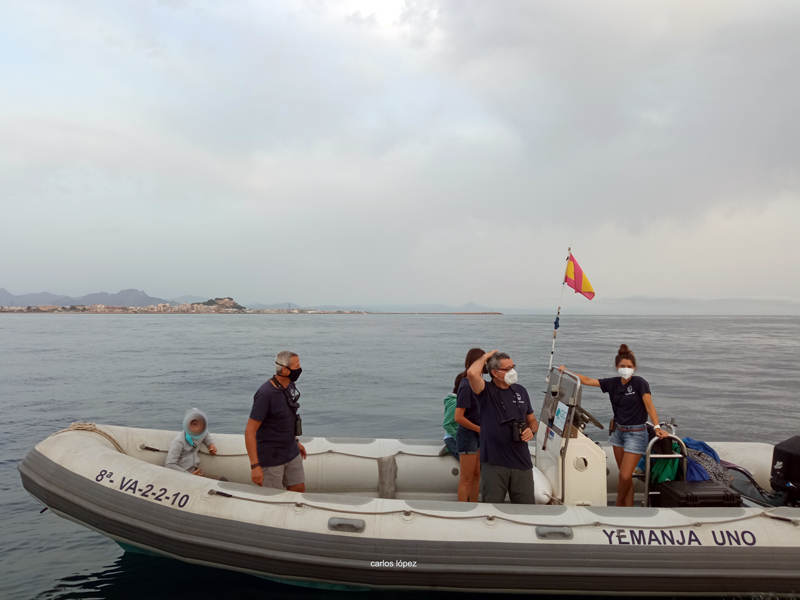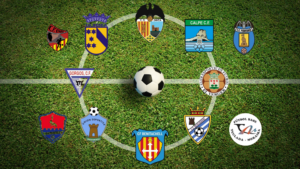The Cabo Rorcual project, or knowing why whales come so close to the coast of the Marina Alta
The researchers have made 70 sightings, the last on Friday.

Thursday 29th July 2021 – CARLOS LÓPEZ with Mike Smith
The Cabo Rorcual whale project is focused on discovering the reasons why fin whales have been coming so close to the Marina Alta coast, so much so that about 70 sightings have been made by their researchers just this year, the last on Friday.
XAD was able to find out first-hand about this project which is being promoted by the Fundación de Biodiversidad del Miteco, the Instituto de Investigación para la Gestión Integrada de Zonas Costeras from the Gandía campus of the Universitat Politécnica de Valencia as well as the town councils of Xàbia and Dénia.
Manager Eduardo Belda explained that over the next two years, the project intends to discover the reasons why whales approach the coast, despite a protected strip of about 85km wide in the Ibiza channel (from Cabo de Creus in Girona to Cabo de la Nao) created for their migrations.
He said that whales coming so close to the Marina Alta coastline is something that is relatively new and quite recent, occurring for the past 20 years. He explained that the whales head up to Catalonia where, in the Gulf of León, there is a plankton fishing ground which it to their liking. During the period May to Jily, they return south to pass through the Gibraltar Strait where the researchers lose track of them.
Surveillance on land and at sea
It is for this reason that one of the objectives of the study is to determine the reason for these migrations and to monitor their movements to confirm if, as it seems, the whales pass through the Gibraltar Strait and head for the North Sea, or if they stay in the Mediterranean Sea off the coast of Africa.
Belda confirmed that they also intend to determine which specific species is the one that frequents our coasts, if it is the Mediterranean whale that knows the area of the Gulf of León, or if it is the North Atlantic whale who has been arriving in the warmer waters of the Mediterranean as if by mistake.

The research team carries out shifts from the Torre del Gerro zone, which allows them to monitor a huge area of sea from Oliva to Cap de Sant Antoni. This monitoring group has the support of another team of researchers on the water who try and approach the whales – always with appropriate permission – to try and mark them for tracking purposes. They also have the support of a boat from Dénia’s Marine Reserve Surveillance Service and the Generalitat Valenciana. In addition, sound recording equipment has been deployed into the sea to record the passage of the whales (and any other species).
“Stop everything, we have spotted a whale!”
During the XAD interview with Eduardo and his partner Víctor Espinosa, one of them spots a fin whale and everything stops. “Now you will understand that I can’t pay much attention to you.” Immediately, the monitoring begins and they notify the Marina Reserve surveillance boat so that, among other tasks, it can clear the path of private boats and somehow help the passage of the whale.
The researchers record the time of the sighting – to the second – and follow its progress as it surfaces every four to ten minutes until it passes by Cap de Sant Antoni.

Belda explained that their record of the sightings can be cross-referenced with the recordings that have been made of the marine noises to confirm what species it was as well as other aspects of interest for the research project.
He added that the project could provide the basis for the future management of the protected areas on the coast of the Marina Alta, such as the Cap de Sant Antoni Marine Reserve, the Marina Alta Seacliffs (the coast between Xàbia and Moraira) and the future ‘Place of Community Interest’ that will protect further the entire environment from Cap Prim de Xàbia to Cap d’Or de Moraira.
The Cabo Rorcual project has been been possible thanks to the Fundación Biodiversidad del Ministerio de Transición Ecológica, the Instituto Español de Oceanografía, the Ministry of Agriculture, the town councils of Xàbia and Dénia, Fundació Oceanogràfic, Baleària, Servicio Marítimo de la Guardia Civil, Asociación Eucrante, Marina el Portet de Dénia, and The Isbjorn Collective.
Raising awareness among boat owners
Finally, Belda wanted to emphasize that, in the event of a whale or dolphin sighting, boats must stay away from them – at least 60 metres – and, above all, never cross their path. Navigating in parallel alongside but always keeping that distance is fine but Belda asked boat owners not to follow the animals too much so as not to bother or alarm them.





